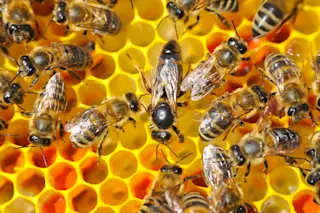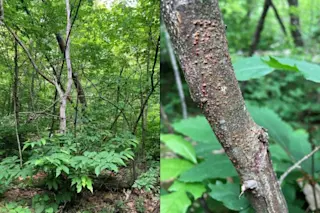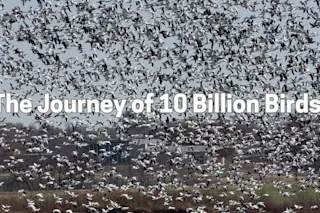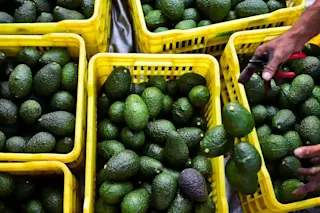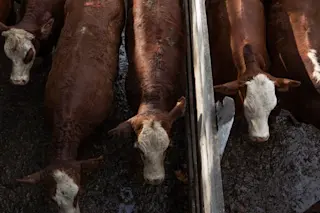If the quintessential ecological battle cry of the seventies was “Save The Whales,” today it is “Save The Bees.” From news headlines to environmental campaigns to alarming documentaries, we’re warned that if the bees go extinct, we’ll go with them.
It makes sense — about 75 percent of crops are reliant on animal pollinators, which are often honeybees. Without them, the theory goes, we’d not only lose $212 billion in global economic value, we could probably say goodbye to apples, almonds, broccoli, cucumbers, peaches, and many other common food items, not to mention honey.
But when it comes to agricultural health, that really isn’t the full picture.
While honeybee hives recently experienced a crash, due to a collection of conditions known as colony collapse disorder, they’ve actually bounced back somewhat. When the U.S. Department of Agriculture began tracking hives in 1947, there were 5.9 million colonies. In 2008, that number ...


